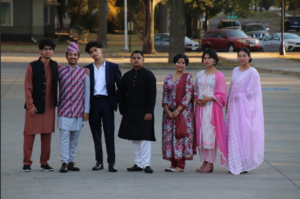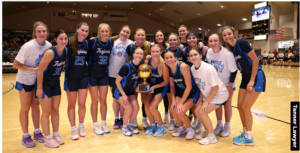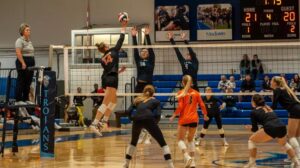Student Life Changes Mid-COVID
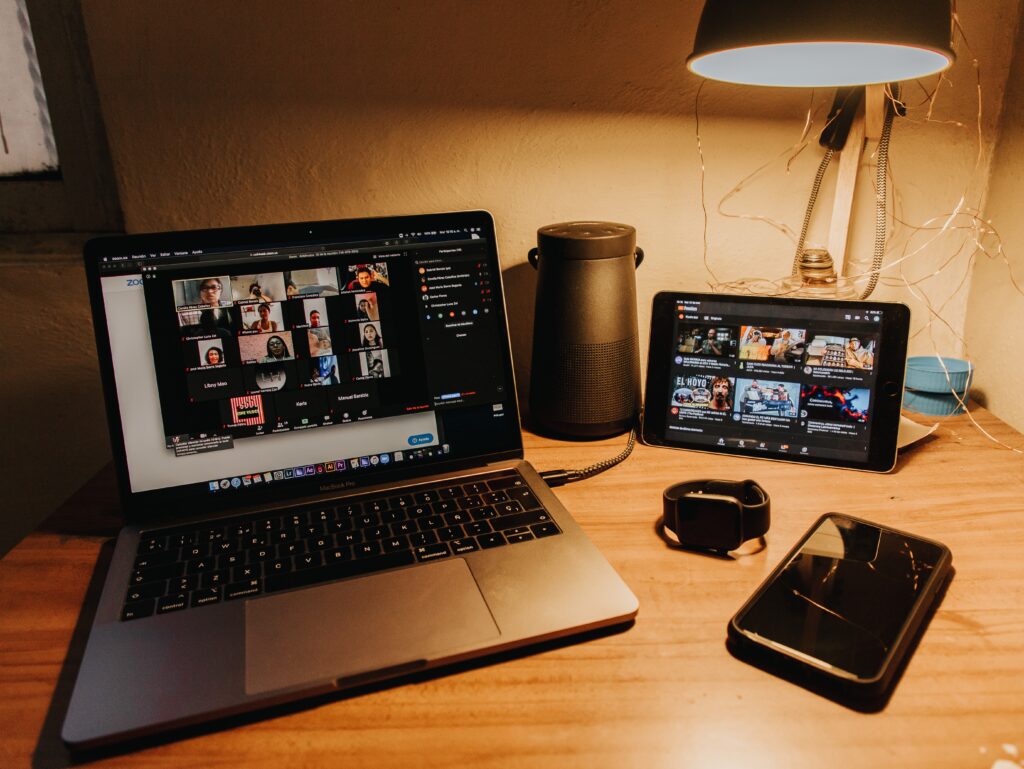
We’ve all felt COVID-19 come in and shake things up. Even I, a horridly pale basement-dwelling ogre, have been noticeably less social in person. The pandemic has brought with it many changes, and I’ve wondered to myself, “How are other people who are more normal doing?” And then I said to myself, “That’s an excuse to look at statistics for fun!” So here we are.
We here at the Trojan Times made a survey, and I distributed it the only way a recluse knows: via Discord. More than a week later, I have probably as many results as I’m going to. Which is 21. As such, my data doesn’t mean that much. But this is fun for me, and you’re along for the ride.
The first question on the survey was: “Has COVID-19 affected how and how much you socialize?” 76.2% of my sample answered yes, which leaves 23.8% with no. This is actually a larger amount than I expected, but I don’t know that I can say I’m surprised. As someone from out-of-state, I still talk to all my friends from Wisconsin almost daily, and we’ve been using Discord for years. So I can understand how a someone would not be in too different a position from before. My only major change over the summer was Friday Night Magic stopped running. Coming back to campus for the fall semester has been quite the change from last year, however. As a member of Gaming Club, we had tons of in person events with large groups of people in the past, but we’re having to change everything this year. And I’m certain this applies to all other sorts of groups and organizations on campus, which makes up the supposed 76% who answered yes.
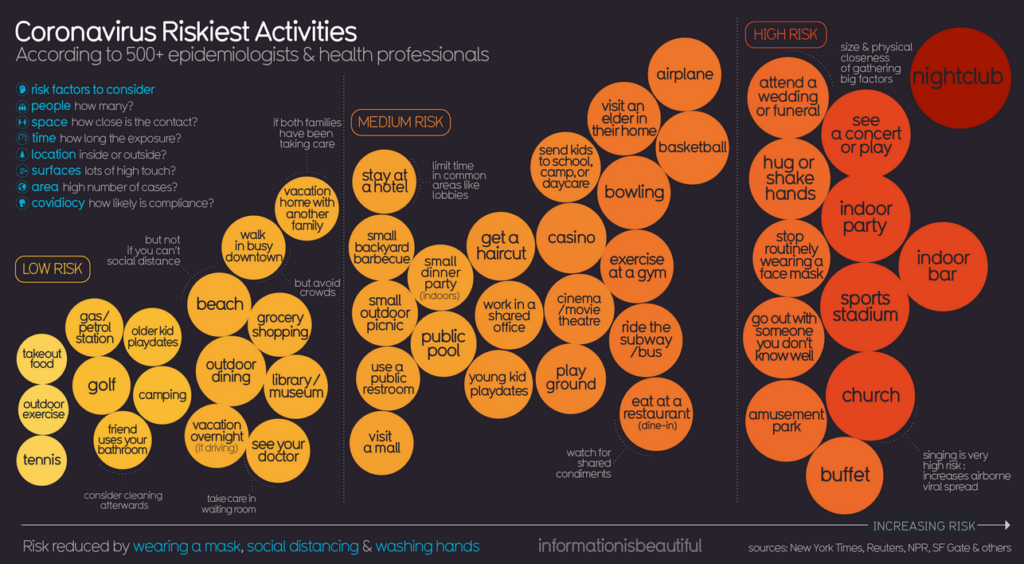
My last set of mathematical data (I know, I’m sad too) asked how much more or less social students have been during the pandemic. 66.7% of respondents chose of several varieties of less social. Which is not surprising at all, because large scale in person social events are pretty much cancelled indefinitely, and I imagine even larger small groups might get awkward. Next up are the 28.6% who said they are about as social as they were beforehand. This is again probably the selection of people who are already very present on things like Discord as much or more so than in person social activity. The final 4.8% of respondents (one person) answered more social than before. I don’t know who that was, but if you’re reading this, good for you. You’re making the best of it.
From here on out the questions and responses get much more qualitative. This is still interesting to look at, and I can generalize, but my beloved stats are in the past now. The first of these questions asks how has COVID changed everyone’s social activities. Major trends include transition to online activities, fewer in person club events, smaller in person groups, and wearing masks.
Next, we asked how people have been keeping social, and of course Discord is the most common answer. All sorts of other social media platforms showed up– and Zoom, of course. Not too much interesting here, because the answers are largely what you’d expect. I did notice Slack showed up several times, and I’m not even certain what that is.
The last two questions asked how social distancing, masks, and all of the changes that came along with COVID affected respondents’ social lives and lives in general. Answers did vary. Some were as simple as just realizing that a pandemic can happen and is a prevalent threat. Several answers did just say they’ve been less social since COVID began. The interesting responses largely fell under the overall life and routine question. Some people just added that they wear masks now, and some expressed anxiety with the whole situation. One answer went very in-depth on how specifically they and their roommate have been less social than last year. One person explained how the changes have directly changed their study habits, and approach to classes. Many of us are now taking more online and/or hybrid classes, and for many that’s a big change.
All in all, COVID has affected almost all of us very noticeably. Many people might understandably shy away from the stats and data analysis, but it can get you a good look at things. In this case, don’t take my statistics too much to heart because 21 students is a tiny fraction of the overall student base here. But allowing people to answer these questions and vent let me expand my own viewpoint on the matter, and I hope anyone reading this article has a similar experience.





